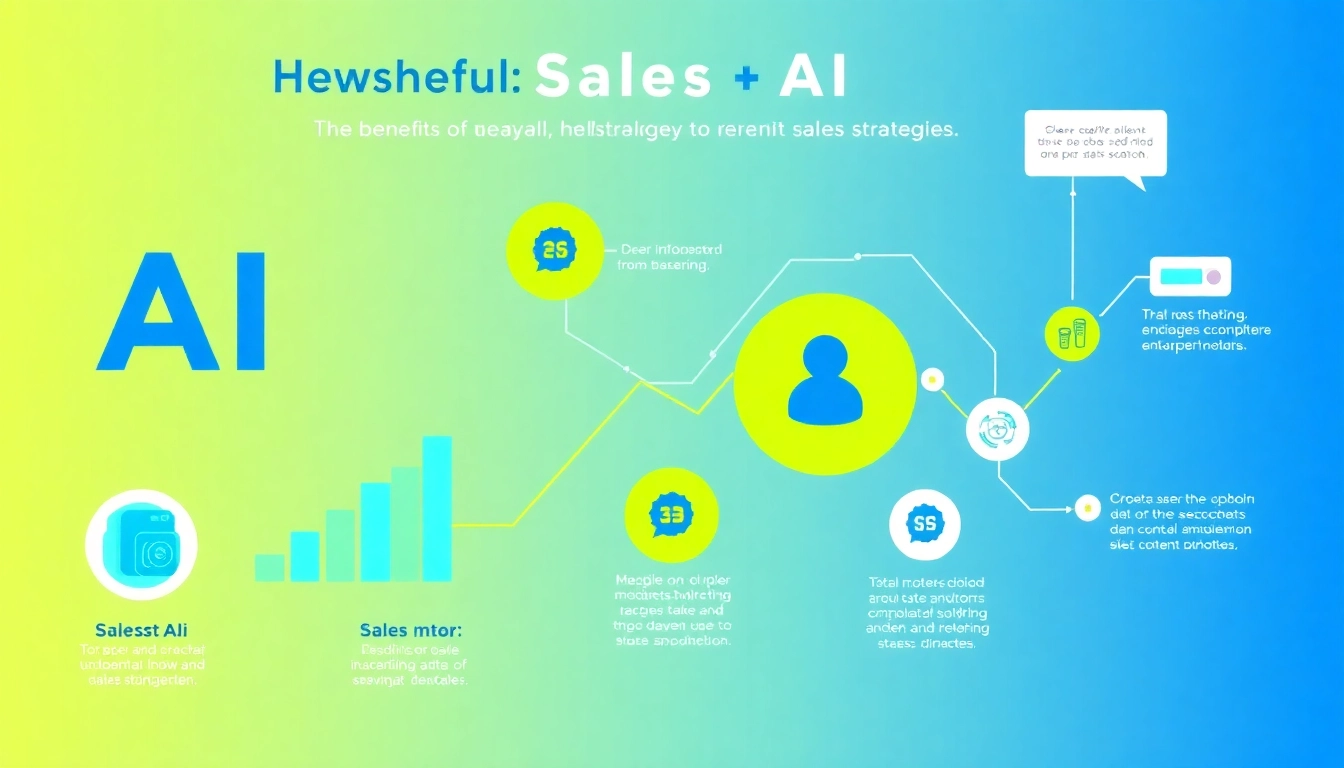Understanding Payroll Solutions
What Are Payroll Solutions?
Payroll solutions refer to software systems and services designed to automate and manage the payroll process of a business. They handle various aspects of payroll, including calculating employee salaries, managing deductions, and ensuring compliance with tax regulations. At their core, payroll solutions aim to simplify the complex landscape of payroll management, allowing businesses to focus on their core operations while ensuring that employee payments are accurate and timely. Whether provided as SaaS (Software as a Service) or through traditional in-house systems, these solutions cater to organizations of all sizes, from small startups to large enterprises.
Importance of Payroll Solutions in Business
The significance of payroll solutions in contemporary business can’t be overstated. Accurate payroll processing is crucial for maintaining employee satisfaction, legal compliance, and financial health. Delays or inaccuracies in payroll processing can lead to dissatisfaction among employees, impacting morale and productivity. Moreover, payroll solutions help companies stay compliant with labor laws and tax regulations, reducing the risk of penalties and legal issues. By leveraging payroll solutions, businesses can enhance operational efficiency, streamline processes, and foster greater trust among employees.
Types of Payroll Solutions Available
Payroll solutions are diverse, catering to different business needs and with various modalities. They can be grouped into several categories:
- Cloud-Based Payroll Solutions: These are hosted on remote servers and accessible via the internet, enabling businesses to manage payroll from anywhere. They update automatically with the latest tax rates and regulations.
- On-Premises Payroll Software: This type is installed on company servers, offering full control over data but requiring regular updates and maintenance.
- Integrated Payroll Solutions: Often formed as part of comprehensive Human Resource Management Systems (HRMS), these solutions combine payroll with other HR functions such as recruitment, performance management, and employee records.
- Outsourced Payroll Services: These solutions involve third-party providers who handle all payroll processing, allowing businesses to offload this function entirely.
Features of Effective Payroll Solutions
Key Features to Look For
When evaluating payroll solutions, businesses should consider several key features to ensure they select a system that meets their needs:
- Automated Calculations: Reliable payroll systems automate salary calculations based on hours worked, salaries, bonuses, and deductions.
- Direct Deposit: This feature allows employees to receive their paychecks directly into their bank accounts, simplifying the payment process for both employees and employers.
- Compliance Management: An effective payroll solution should automatically update to comply with tax changes and labor regulations, minimizing the risk of compliance-related penalties.
- Reporting and Analytics: The ability to generate detailed reports on payroll expenses help businesses track labor costs and analyze trends over time.
- Employee Self-Service Features: Allowing employees to access their payslips, tax forms, and personal information can reduce administrative workload and empower employees.
Integrating Payroll Solutions with Existing Systems
For maximum efficiency, payroll solutions should seamlessly integrate with existing business systems, such as accounting packages and HR management software. This integration allows for real-time data sharing, reducing data silos and enhancing overall productivity. Organizations should prioritize solutions with APIs or built-in integrations to facilitate easy data flow across different systems, ensuring that changes in payroll data automatically reflect in financial reporting and budgeting.
Legal Compliance and Payroll Solutions
Legal compliance is a critical component of payroll management. Businesses are subject to various local, state, and federal laws regarding payroll taxes, labor standards, and employee rights. Effective payroll solutions automatically stay updated with legislative changes, ensuring that calculations are accurate and compliant with prevailing laws. From automating tax withholdings to generating compliance reports, payroll solutions help businesses navigate the complex legal landscape while mitigating the risk of costly errors and penalties.
Challenges in Payroll Management
Common Payroll Issues Businesses Face
Despite the advancements in payroll technology, many businesses continue to face challenges in payroll management:
- Manual Errors: Manual data entry can lead to inaccuracies in calculations, employee records, and compliance reporting.
- Changing Regulations: Keeping up with ever-evolving tax laws and labor regulations can overwhelm businesses and lead to unintentional non-compliance.
- Data Security Risks: Payroll systems handle sensitive employee data, making them targets for cyber-attacks. Ensuring data security and complying with privacy regulations is paramount.
- Employee Turnover: High turnover rates can complicate the payroll process, as frequent changes in personnel require constant updates and adjustments.
Avoiding Payroll Errors with Proper Solutions
Minimizing payroll errors is crucial for maintaining employee trust and ensuring compliance. To do this, businesses can implement several best practices:
- Regular Training: Equip payroll staff with regular training to keep them updated on current tax laws and payroll practices.
- Utilize Payroll Software: Leverage payroll solutions that incorporate automated checks and validations to reduce human error.
- Conduct Audits: Regularly audit payroll processes to identify and rectify errors proactively.
Impact of Poor Payroll Solutions on Productivity
Investing in inadequate payroll solutions can adversely affect overall productivity. Errors can lead to delayed payments, causing frustration among employees and a decline in morale. Moreover, time spent resolving payroll discrepancies diverts attention from more strategic tasks. Organizations may also face legal repercussions, incurring fines and penalties that siphon off valuable resources. The cost of poor payroll solutions typically far outweighs the investment in robust and reliable systems that ensure accuracy and compliance.
Best Practices for Choosing Payroll Solutions
Assessing Your Business Needs
Choosing the right payroll solution begins with a thorough assessment of your specific business needs. Companies should consider factors such as:
- Business Size: Larger businesses may require more robust features, while small businesses might benefit from simpler, more cost-effective solutions.
- Number of Employees: The complexity of your payroll needs will scale with your workforce; ensure the solution can accommodate your current size and future growth.
- Industry Requirements: Certain industries may have unique payroll-related needs or compliance mandates that must be addressed in the chosen solution.
Evaluating Payroll Solution Providers
When evaluating payroll solution providers, it’s essential to consider their track record and reputation within the industry. Look for providers that offer:
- Customer Support: Ensure that the provider offers robust customer support, including readily available assistance and training resources.
- Scalability: Choose a provider whose solutions can grow alongside your business, offering the flexibility to scale up or modify services as needed.
- Client Reviews and Testimonials: Researching user reviews can provide insights into the effectiveness of the provider’s services beyond just features.
Budget Considerations for Payroll Solutions
Cost is a crucial factor in selecting a payroll solution, but it should not be the only consideration. Businesses need to strike a balance between budget constraints and the functionality offered. Options may vary from subscription-based models to pay-per-employee pricing. Set a clear budget and evaluate how the chosen solution aligns with your financial goals while delivering the necessary capabilities for efficient payroll management.
Measuring the Effectiveness of Payroll Solutions
Key Performance Indicators for Payroll Solutions
To assess the effectiveness of payroll solutions, businesses should track various key performance indicators (KPIs). Some essential KPIs include:
- Payroll Accuracy Rate: Measure the percentage of payroll calculations completed without errors.
- Time Taken for Payroll Processing: Evaluate the time required to complete payroll cycles against benchmarks.
- Compliance Rate: Track the success of compliance with labor laws, tax regulations, and company policies.
Client Feedback and Satisfaction Metrics
Regularly collecting and analyzing client feedback and satisfaction metrics can provide insights into how well the payroll solution meets user needs. Surveys, Net Promoter Scores (NPS), and focus groups can help identify strengths and weaknesses, guiding adjustments and improvements.
Continuous Improvement in Payroll Processes
Continuous improvement should be a fundamental principle in payroll management. Regularly review processes and tools to identify areas for enhancement, such as adopting new technologies or optimizing workflows. Holding periodic performance reviews and remaining responsive to employee feedback can also foster a culture of continuous improvement, ensuring payroll functions evolve alongside organizational needs and industry best practices.



